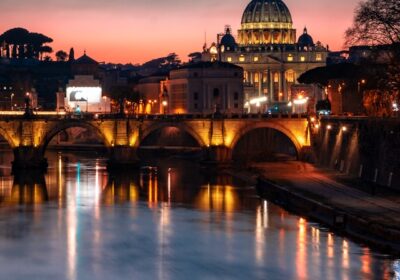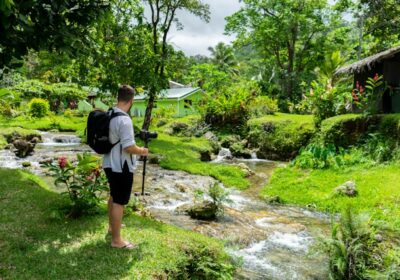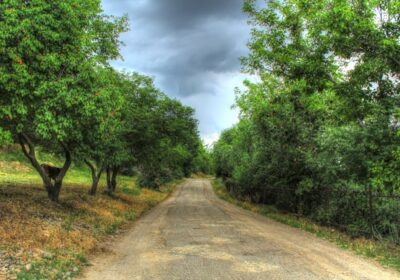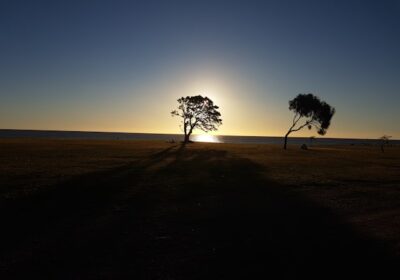Brazil: A Celebration of Diversity, Culture, and Natural Wonders
Brazil, the largest country in South America, is renowned for its vibrant culture, stunning landscapes, and lively cities. From the Amazon rainforest and picturesque beaches to world-famous festivals and diverse cuisine, Brazil offers an array of experiences that capture the essence of this dynamic nation. With its rich history and diverse population, Brazil is a destination that promises adventure, relaxation, and cultural immersion.
A Glimpse into Brazil’s History
Brazil’s history is a fascinating blend of indigenous heritage, Portuguese colonization, and African influences. The country was originally inhabited by various indigenous tribes before being claimed by Portugal in the 16th century. Brazil gained independence in 1822 and has since evolved into a culturally rich and diverse nation. Its history includes the influence of African slaves, which has significantly shaped its culture, music, and cuisine.
Iconic Landmarks and Attractions
- Christ the Redeemer: This iconic statue overlooks Rio de Janeiro from the Corcovado Mountain. Standing at 30 meters tall, Christ the Redeemer is one of the New Seven Wonders of the World and offers panoramic views of the city and its surroundings.
- Sugarloaf Mountain: Also in Rio de Janeiro, Sugarloaf Mountain provides breathtaking views of the city and Guanabara Bay. Visitors can take a cable car ride to the summit for a stunning panorama.
- Amazon Rainforest: The largest rainforest in the world, the Amazon covers much of northern Brazil. Visitors can explore its incredible biodiversity, including exotic wildlife and indigenous cultures, through guided tours and river cruises.
- Iguazu Falls: Located on the border between Brazil and Argentina, Iguazu Falls is one of the largest and most impressive waterfall systems in the world. The falls are surrounded by lush rainforest and offer stunning views and walking trails.
- Salvador: Known for its colonial architecture, vibrant Afro-Brazilian culture, and historic Pelourinho district, Salvador is a city with a rich cultural heritage and lively festivals.
- Pantanal: The world’s largest tropical wetland, the Pantanal is a prime destination for wildlife enthusiasts. It is home to jaguars, caimans, and numerous bird species, making it a top spot for ecotourism.
Cultural and Historical Highlights
- Carnival: Brazil’s Carnival is one of the world’s most famous festivals, held annually before Lent. The Rio Carnival features spectacular parades, samba music, and elaborate costumes, drawing millions of visitors each year.
- Brasília: The capital city of Brazil, Brasília is renowned for its modernist architecture designed by Oscar Niemeyer. The city’s unique layout and futuristic buildings are a UNESCO World Heritage Site.
- São Paulo: Brazil’s largest city is a cultural and economic hub, with attractions such as the São Paulo Museum of Art, the Municipal Market, and vibrant neighborhoods like Vila Madalena.
- Recife and Olinda: Located in northeastern Brazil, Recife is known for its historic center and vibrant cultural scene, while Olinda is a UNESCO World Heritage Site with well-preserved colonial architecture and lively carnival celebrations.
- Manaus: Situated in the heart of the Amazon rainforest, Manaus is a gateway to exploring the rainforest and offers attractions such as the Amazonas Theatre, an opulent opera house built during the rubber boom.
Natural Beauty and Outdoor Adventures
- Rio de Janeiro’s Beaches: Rio is famous for its stunning beaches, including Copacabana and Ipanema. Visitors can enjoy sunbathing, beach sports, and vibrant nightlife.
- Fernando de Noronha: This archipelago off the coast of Brazil is known for its pristine beaches, crystal-clear waters, and rich marine life. It’s a top destination for snorkeling, diving, and eco-tourism.
- Chapada Diamantina National Park: Located in the state of Bahia, this national park features dramatic landscapes, including caves, waterfalls, and table mountains, perfect for hiking and adventure.
- Jericoacoara: A remote beach town in northeastern Brazil, Jericoacoara is known for its sand dunes, lagoons, and windsurfing opportunities. It’s a laid-back destination with stunning natural beauty.
- Serra dos Órgãos National Park: Situated in the state of Rio de Janeiro, this park offers rugged mountain scenery, lush forests, and a variety of hiking trails, including the challenging “Traverse of the Organ Mountains.”
Practical Information for Visitors
- Best Time to Visit: Brazil is a year-round destination, but the best time to visit depends on the region. For Rio and the southeastern coast, the dry season from May to October is ideal. For the Amazon, the dry season from June to November is best for wildlife spotting.
- Transportation: Brazil has a well-developed transportation network, including domestic flights, long-distance buses, and rental cars. Major cities also have public transportation systems such as buses and metro services.
- Accommodation: Brazil offers a wide range of accommodation options, from budget hostels and mid-range hotels to luxury resorts and eco-lodges. Popular tourist areas provide diverse lodging choices.
- Visa and Entry Requirements: Travelers from many countries need a visa to enter Brazil. It is important to check the entry requirements based on your nationality and apply for a visa if necessary.
Conclusion
Brazil is a country of incredible diversity and vibrancy, offering something for every traveler. Whether you’re exploring the Amazon rainforest, enjoying the lively atmosphere of Rio de Janeiro, or soaking up the culture and history of Salvador, Brazil promises a memorable and enriching experience. Its natural beauty, cultural richness, and warm hospitality make it a destination that continues to captivate and inspire visitors from around the globe.






Leave feedback about this